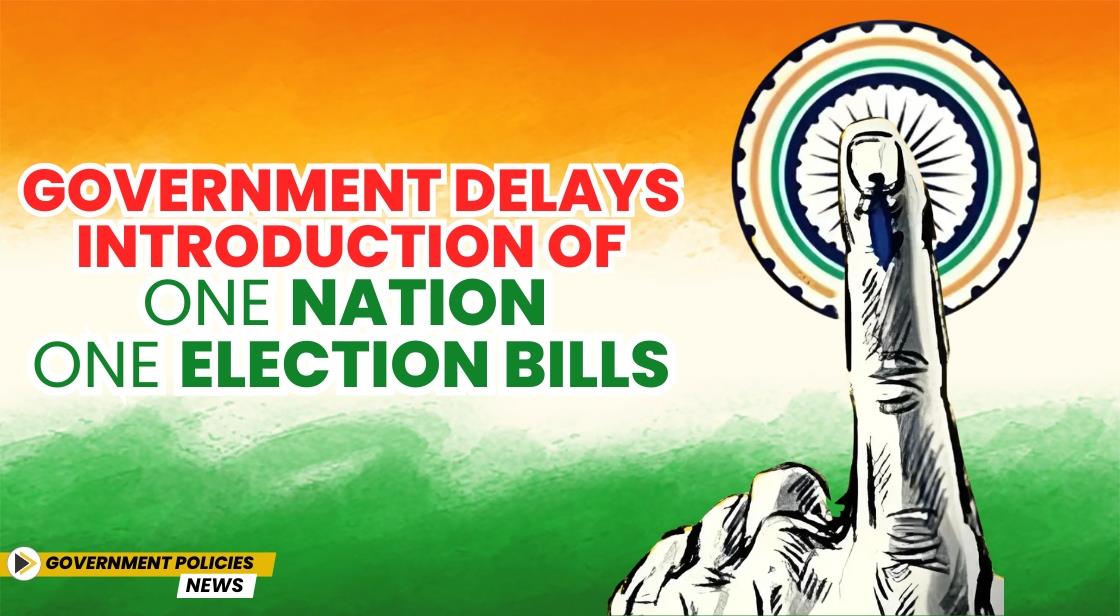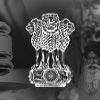Government Delays Introduction of One Nation One Election Bills

News Synopsis
On Thursday, December 12, 2024, the Union Cabinet, under the leadership of Prime Minister Narendra Modi, took a significant step towards implementing the One Nation One Election concept by approving a constitutional amendment bill.
This bill is designed to enable the simultaneous conduct of Lok Sabha (national) and state assembly elections. The initiative aims to streamline the electoral process, reduce election-related costs, and bring about greater political stability in the country.
Deferral of the One Nation One Election Bills
The government had initially planned to introduce the bills related to the One Nation One Election initiative on Monday, December 16, 2024. However, reports indicate that the introduction of these bills has been deferred to later this week. This delay has raised questions about the government's preparedness to implement the proposed legislative changes, but it remains committed to pursuing the One Nation One Election agenda.
Union Law Minister's Role and Legislative Plans
Union Law Minister Arjun Ram Meghwal was expected to present two key bills in the Lok Sabha on December 16. The first was the Constitution (129th Amendment) Bill, and the second was the Union Territories Laws (Amendment) Bill. These bills were crucial for aligning the laws governing Union territories with legislative assemblies with the proposed changes in the constitution. However, with the delay in the introduction of these bills, the timeline for their presentation remains uncertain.
Cabinet's Approval of Key Legislation
On December 12, 2024, the Union Cabinet gave its approval to two draft legislations crucial for the One Nation One Election concept. The first bill seeks a constitutional amendment to enable simultaneous elections for the Lok Sabha and state assemblies, a move aimed at addressing the growing concerns over the staggered election cycle. This proposal aligns with the government's desire to simplify the electoral process and reduce the frequency of elections across the country.
In addition, the Cabinet approved a bill to amend the laws governing three Union territories that have legislative assemblies. These amendments are intended to ensure that the legal frameworks of these territories are in harmony with the constitutional amendments related to simultaneous elections.
Government’s Stance on Local Body Elections
While a high-level committee, led by former President Ram Nath Kovind, had recommended the phased inclusion of municipal and panchayat elections along with national and state elections, the Cabinet has decided to postpone addressing the framework for local body elections for the time being. The government's focus remains on implementing the constitutional changes for Lok Sabha and state assembly elections first, with a potential future plan for local elections.
Conclusion: Delayed Introduction, but Strong Commitment to Reform
The government’s decision to delay the introduction of the bills related to One Nation One Election is seen as a temporary setback in what has been a long-standing political agenda. However, the Cabinet’s approval of key legislation on December 12 signifies the government's strong commitment to electoral reforms.
While local body elections will not be included in the initial framework, the constitutional amendment bill sets the stage for a broader transformation in India's electoral landscape. The delay in the bills' introduction will likely be addressed in the coming days, as the government aims to bring about a more synchronized electoral process.
You May Like









